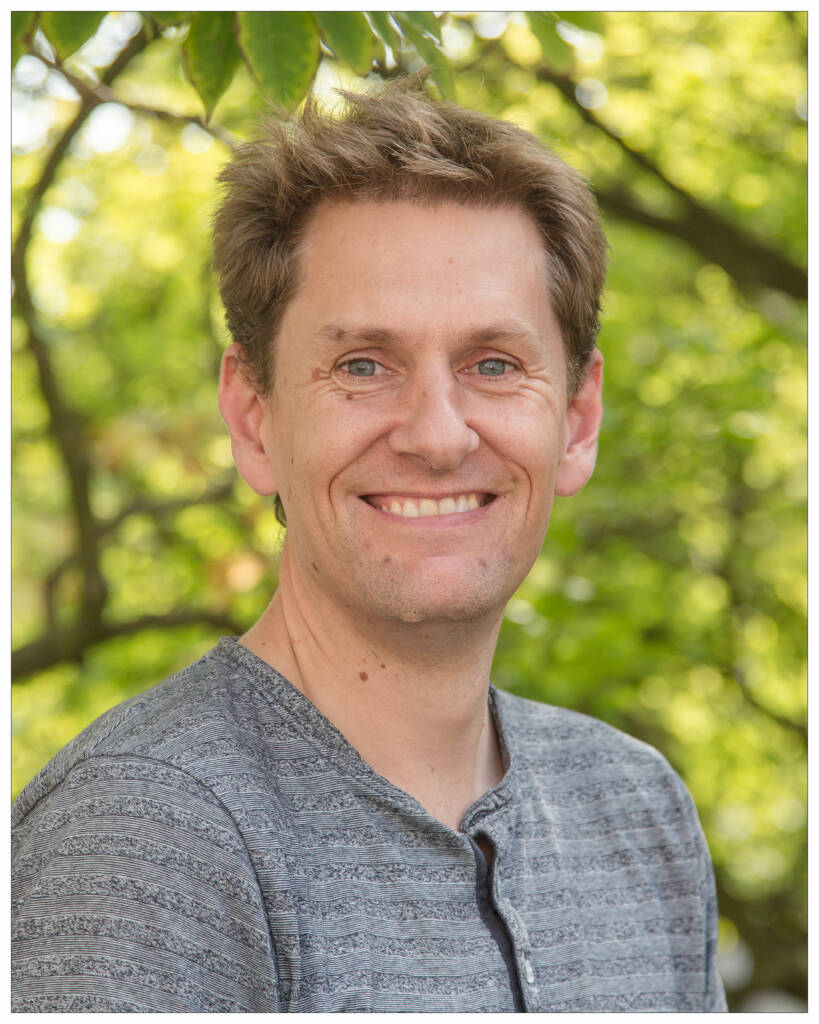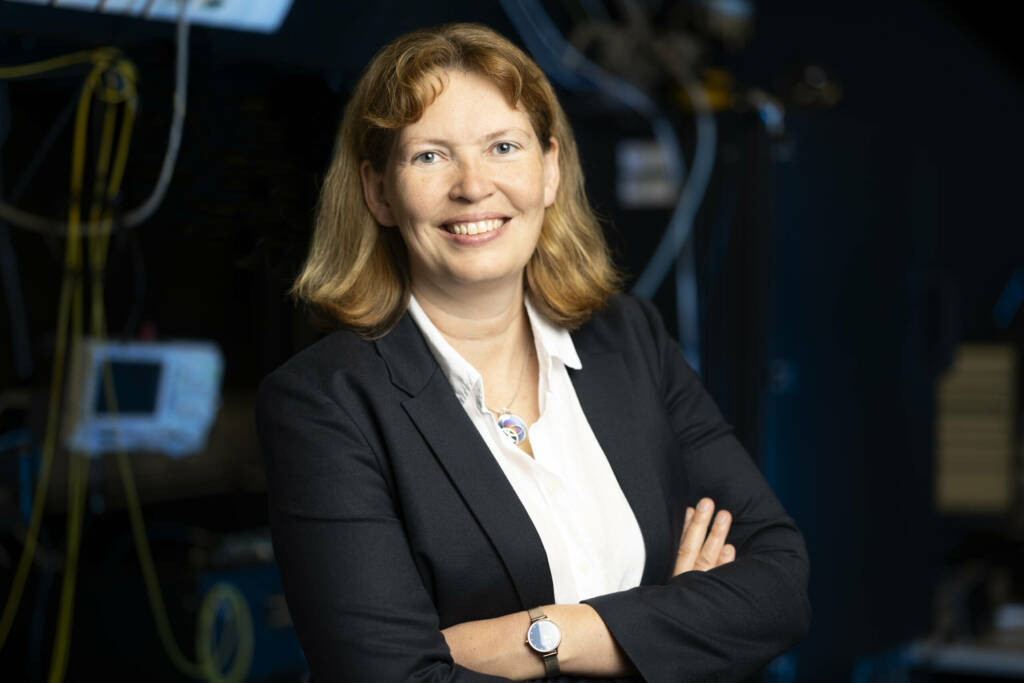Christian Bracco
Discontinuity or continuity in the evolution of scientific knowledge?
The example of special relativity.


Date & hour
23/10/2025 – 14h
Place
4 place Jussieu 75005
13-23, salle 210
Welcome
Meet us at 1.45pm if you’d like to share a cup of coffee or tea with us! The workshop starts at 2pm.
Since Bachelard and Kuhn, the idea of “epistemological discontinuity,” “scientific revolution,” or “paradigm shift” has been used to describe the evolution of knowledge in science, particularly in physics. While these transitions may be useful for philosophers, to what extent are they useful for physicists, researchers, or physics teachers? Could we not envisage a more “local” and less “revolutionary” epistemology?
I will describe the example of the theory of special relativity, first with “optical relativity” (1818-1889) at the first order in V/c (ratio of the Earth’s orbital velocity to that of light in a vacuum) and then electrodynamic relativity at the same order (1892-1900). This history will take us in the footsteps of Arago, Fresnel, Fizeau, Mascart, Veltmann, Potier, Poincaré, Liénard, Lorentz and Einstein. I will conclude the presentation by introducing a simple way to move from first-order relativity to all-order relativity, which involves the infinitesimal transformations of the Lorentz group and its “local time” of 1895: t’= t -Vx/c².
Anders Sørensen
Niels Bohr Institute, University of Copenhagen
Quantum information processing with emitters strongly coupled to photonic waveguide
Tanja Mehlstäubler
Physikalisch-Technische Bundesanstalt &Leibniz Universität Hannover
Precision Spectroscopy in Ion Coulomb Crystals and Search for New Physics


